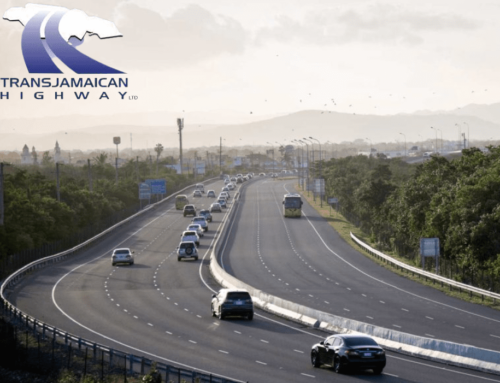Ride-sharing apps banned in Jamaica!
I hope you have your walking boots ready because Jamaica just banned ride-sharing apps! No more Uber or InDrive!
I’m Kalilah Reynolds, founder and CEO of Money Media, money news made simple.
Jamaica’s Minister of Transport, Daryl Vaz has announced an immediate ban on all ride-hailing and ride-sharing services.
Vaz said he has instructed Flow and Digicel to block access to ride-hailing apps on their networks. inDrive, Uber, 876 on the Go, Lyft, and Ride Jamaica were specifically singled out.
The ban went into effect on Tuesday, June 4 and is expected to last for an entire year, or until the companies fall in line with industry regulations. The issue with that is there are no set regulations. No law speaks specifically to ride-hailing.
Wow, so that’s a lot. How did we get here and how will this affect you?
Minister Vaz made the announcement in Parliament, during his Sectoral Debate presentation, the day after the body of a missing teacher, Danielle Anglin was found. Police say a convicted sex offender who worked for one of the ride-hailing companies may be connected to Danielle’s murder.
And it’s not the first time that specific company has been implicated in a crime. Last year, a driver, Leroy Page went missing after picking up a ride. He still hasn’t been found.
Both incidents just amplified the calls for regulation and control over the industry.
Ride-sharing, aka chartered taxi, has become extremely popular in Jamaica over the past couple of years, especially since the pandemic. I mean chartered taxis have always been a thing, but there are literally dozens of taxi companies that you can call or use their app to book a ride.
And the more the industry grows, the easier it is for bad actors to slip in and commit crimes. Minister Vaz went as far as to say these ride sharing apps have been a national security concern.
“I’d like to point out that in addition to the government concerns about safety and security in this environment, there are issues relating to undercutting in the market where lower fares are charged and that impacts on tourism, the economy in general and the threat of other issues such as money laundering and terrorism,” the Minister said.
Vaz said the transport authority will meet with the local companies this week to discuss the next steps.
He said the ban will remain in effect for 12 months or until a regulation framework is set up.
And of course, not everyone is happy about this. 876 on the Go has released a statement calling the ban unfair.
Especially, since they have been vetted by the Transport Ministry and have even partnered with the ministry on projects before. Uber had also previously expressed willingness to work with the government to craft the regulations. Now it’s just like the good have to suffer for the bad.
Speaking of which, the Minister only named five companies. Does that mean that all the other companies, like On-time, Travellers, Mortec, get a free pass and can continue operations? Some of those companies, even though they mainly operate through dispatch calls, also have apps, so they would technically fall under the definition of ride-sharing.
This goes back to the heart of the problem. Without proper legislation, a lot is left to open interpretation.
Vaz said that the Ministry has the right to reinstate companies that comply with local laws before the ban is lifted.
And that’s the bottom line.
Ask The Analysts
The Cast David Rose Business Writer, Observer Leovaughni Dillion Investment Research & Sovereign Risk Analyst at JMMB Group
R.A. Williams to list on JSE
The Cast Audley Reid CEO R.A. Williams Distributors Julian Morrison Founder, Wealth Watch JA














Leave A Comment